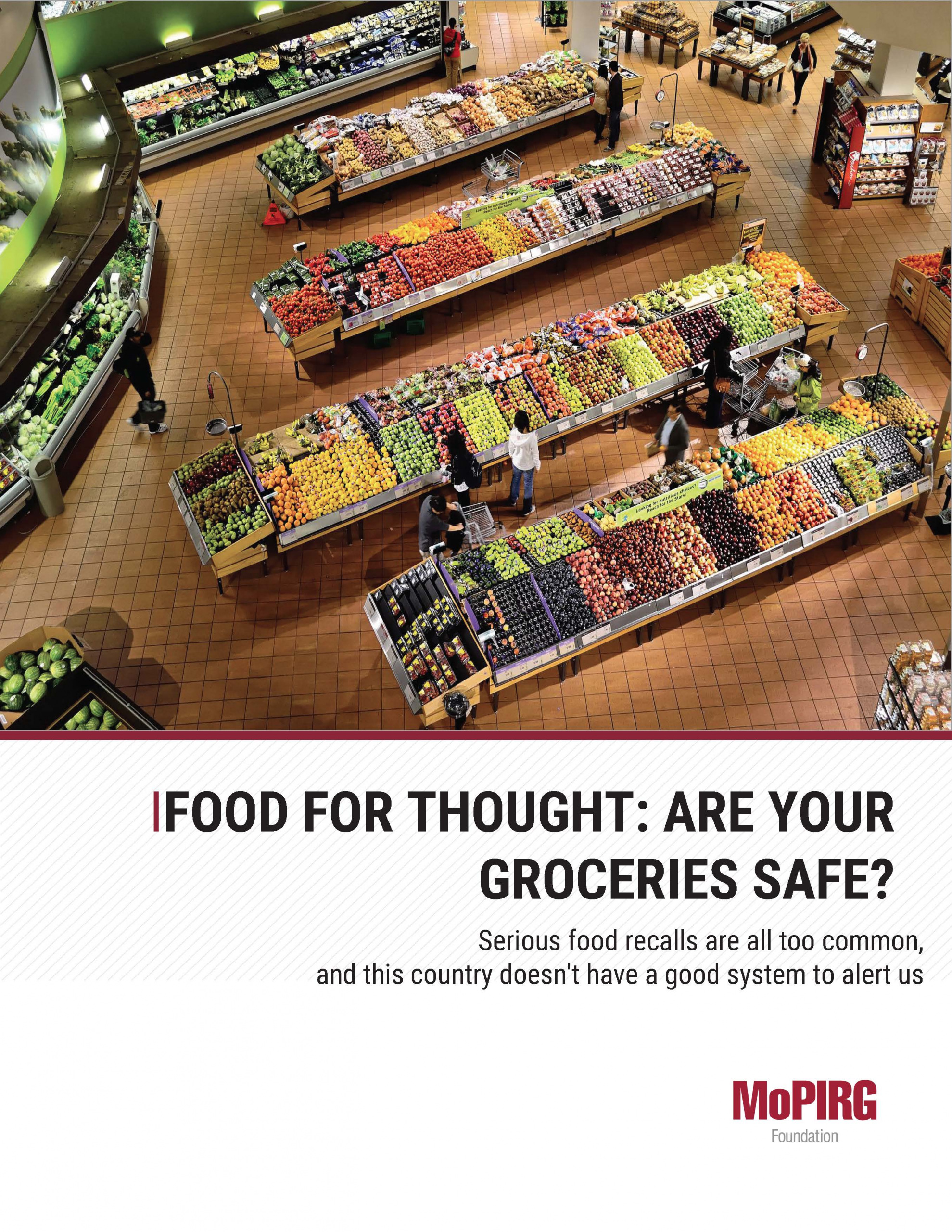
Food for thought: Are your groceries safe?
Serious food recalls are all too common, and this country doesn't have a good system to alert us.
Two major recalls from the last seven months showcase the weaknesses in our food recall system: It often takes too long for companies and regulators to notify grocers, consumers, restaurants and food packagers, particularly regarding Class I recalls with a “reasonable probability” that exposure or use of the product could cause “serious adverse health consequences or death.” And once grocers find out, they aren’t required to contact customers who may have already purchased contaminated products. While many stores do quickly notify customers one way or another, the practices aren’t uniform and aren’t always timely. Meanwhile, people continue to get sick. The CDC estimates that one in six Americans become ill every year from foodborne diseases. Among those, 128,000 wind up in the hospital and 3,000 die.

Downloads
Two major recalls from the last seven months showcase the weaknesses in our food recall system: It often takes too long for companies and regulators to notify grocers, consumers, restaurants and food packagers, particularly regarding Class I recalls with a “reasonable probability” that exposure or use of the product could cause “serious adverse health consequences or death.” And once grocers find out, they aren’t required to contact customers who may have already purchased contaminated products. While many stores do quickly notify customers one way or another, the practices aren’t uniform and aren’t always timely. Meanwhile, people continue to get sick.
The CDC estimates that one in six Americans become ill every year from foodborne diseases. Among those, 128,000 wind up in the hospital and 3,000 die.
Topics
Find Out More


Safe At Home in 2024?

5 steps you can take to protect your privacy now
